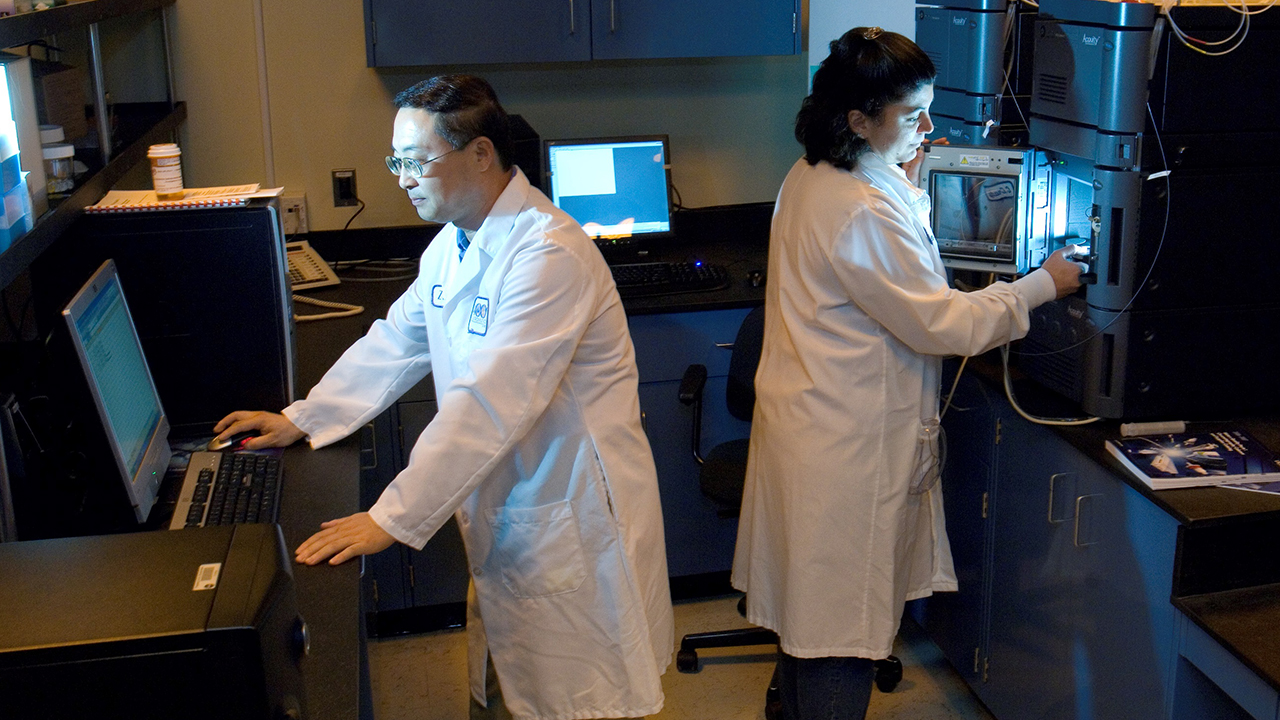
Some things you can make up there at a purity level or just construction-wise, you just can’t do on Earth. It just can't be done. And those products, from what I’ve seen and from companies I’m talking to, are magnitudes superior to the ones made on Earth.
Solutions to some of Earth’s greatest health challenges may be found beyond our atmosphere. Developing products in space is gaining traction as the next grounds for manufacturing and development, and it's already on track to be worth $22.5B by 2033. As the space sector takes off, some forward-thinking venture capitalists are looking skyward—literally—toward groundbreaking biotech investments that could redefine medicine.
We spoke with Junaid Mian, Venture Partner at 1435 Capital Management and a pharmacist with 25 years of experience, about opportunities for new health solutions and investments.
Biotech beyond Earth: "We’re looking at cardiovascular, lung disease, all these diseases that affect us as we age," he explains. "And we believe that one of the best ways to do that is through Earth and space-based biotech." Junaid Mian is leading 1435 Capital’s biotech investment efforts, with a focus on tackling age-related diseases and improving quality of life.
The emergence of space-based laboratories could revolutionize how biotech products are made, offering levels of precision that are impossible to achieve on Earth. "Some things you can make up there at a purity level or just construction-wise, you just can’t do on Earth. It just can't be done," he says. "And those products, from what I’ve seen and from companies I’m talking to, are magnitudes superior to the ones made on Earth."

We see space as a platform—it's just outsourcing production beyond our world. Instead of sending things across to another place, we just send things up.
Next-gen medical advancements: Though he remains tight-lipped on specific companies, Junaid is particularly excited about a few game-changing innovations. One involves layer-by-layer technology used to develop artificial retinas, a process that benefits from the weightlessness of space to achieve flawless structural layering. "On Earth, by virtue of gravity, these layers will start colliding. But in space, you get complete separation while still keeping them attached," he explains. "That has applications far beyond life sciences."
Cold chain logistics: Another promising development is a space-driven drug delivery platform that could solve one of medicine’s most persistent challenges: cold chain logistics. "Vaccines and biologics often require refrigeration, making transportation difficult," Junaid says. "But with this platform, you could extend the shelf life and transport crucial medicines to disaster zones or remote locations without worrying about spoilage." The implications stretch into military applications as well, ensuring that soldiers in extreme environments have access to life-saving treatments without logistical barriers.
Space as the ultimate Biotech platform: Rather than seeing space as an isolated frontier, Junaid argues that investors and scientists should view it as an extension of Earth’s industrial ecosystem. "We see space as a platform—it’s just outsourcing production beyond our world," he says. "Instead of sending things across to another place, we just send things up."










